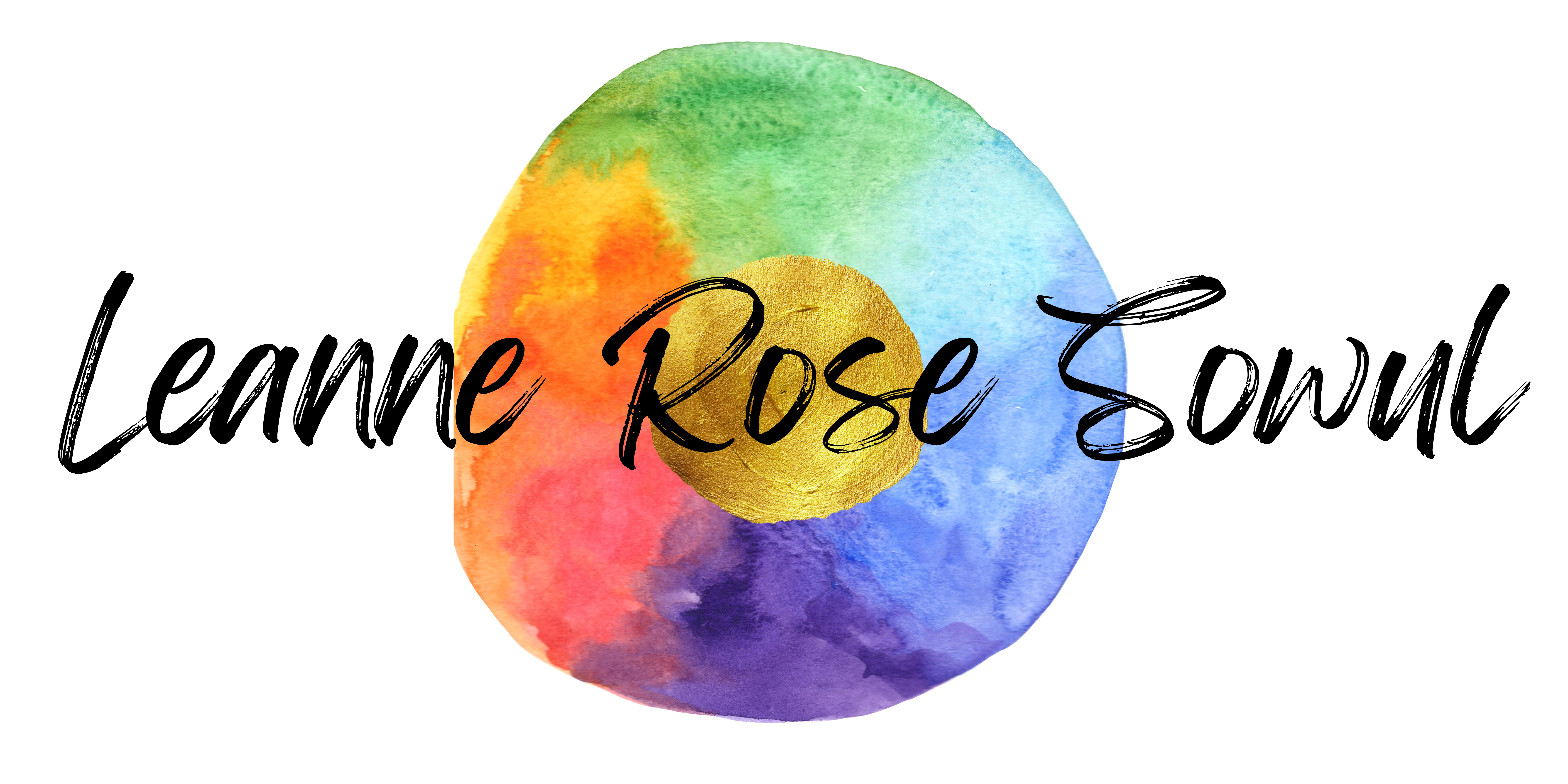Last week, I was preparing my flute students for the annual New York State solo festival, where they would be judged based on their performance in scales, a solo, and sight reading. Most of them expressed some degree of (understandable) nervousness. I talked to them about keeping the performance in perspective, remembering all the work they’d put in on the piece, and trying to nudge the feelings of nervousness into excitement (a useful exercise studied by Harvard psychologist Alison Wood Brooks). These are all discussions I’ve had with students in the past. But the last thing that came out of my mouth during one of these pep talks surprised me.
“And don’t forget, the judge is a person who appreciates good music. He’s not just someone writing comments and grades on a form. He’s a receptive and highly-trained audience for your performance.”
I’d never thought about that before. I’d gone to solo festivals myself as a student, and I was always terrified of the person sitting in judgement on my flute playing. I’d never thought of him as someone who might enjoy listening to my piece, or be receptive to my innate musicality. I’d only worried about not making a mistake on notes, rhythms, dynamics or any other of the dozens of categories that could be marked as a plus or a minus on the form. I hadn’t acknowledged the judge as a musician; I’d only thought of him as a mistake-finder.

Photo credit: Unsplash
It made me think of how we as writers can be altered by our perceptions of our readers. It’s so easy to get torn down by a bad Amazon review or a negative comment on our blogs; it feels deeply personal when someone doesn’t like something you’ve created. But we can’t allow ourselves to see our audience as a mass of bad reviewers lying in wait to hatchet our writing work into pieces. Not only does that do disservice to our audience, it holds us back from achieving true creativity. We can’t grow as writers or performing artists without being willing to make mistakes. We can’t create our best work if we’re scared of the consequences of one altered fact, one awkward sentence. We have to honor our audience’s literary intelligence and willingness to grasp the uniqueness of our work.
So as you write today, think of your readers. Give them faces, names and reasons for reading your work. Write for them, but don’t try to be perfect. Trust that they’ll accept your mistakes, that they’ll understand what you’re trying to communicate to them. Write from the heart and let that unique, innate creativity flow out of you. Maybe you will make a mistake. But if you’ve truly handed over your soul in that performance, your audience won’t be thinking about assigning you a grade.


What a great perspective and post. I’ll keep this in mind in my future writing. Maybe it will help me not get so bogged down in perfectionism when I know being perfect isn’t even possible.
I needed to read this today! What a great analogy for me–and one I’ll remember.
I’m so glad this hit you at the right moment, Trisha! I definitely needed to write it so I’d internalize the lesson better.